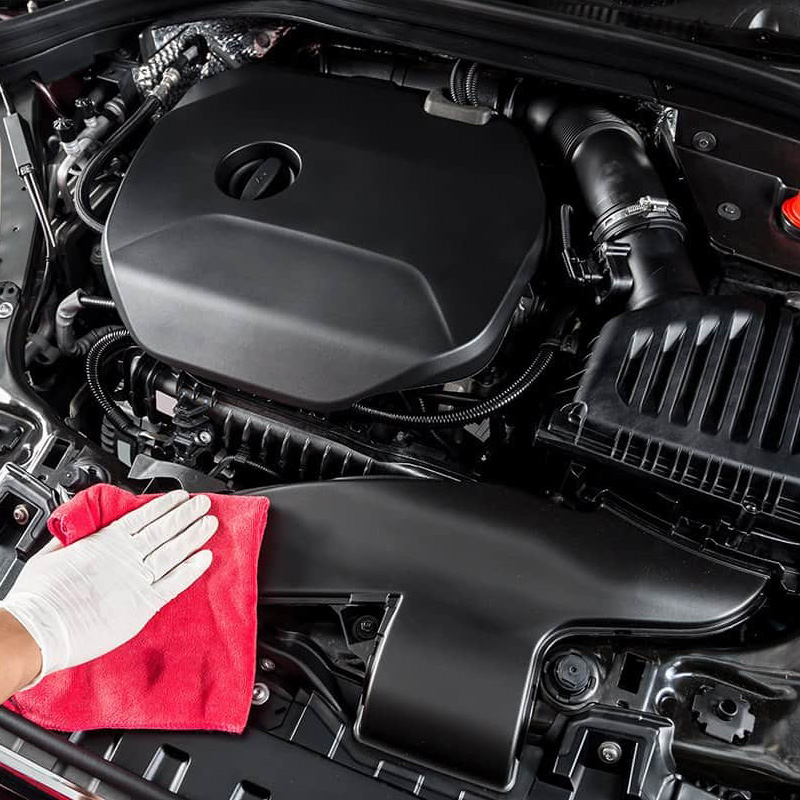
Hybrid Battery Service. The main focus of the hybrid car is on the hybrid battery. Hybrid vehicles mainly use Nickel-Metal Hydride (NiMH) and Lithium-ion (Li-ion) supercharged batteries, and the assembly voltage is in the high voltage range from DC 100v to 300v.
Each manufacturer uses one of these key types for its vehicles on the basis of factors such as the space available in the vehicle and the overall weight management requirements and centre of gravity management requirements of the vehicle. Also, how it is positioned in the vehicle determines the capacity and location of the mounting battery based on safety in the event of an accident, the space in the passenger compartment, the location of the vehicle.
Since the hybrid battery is a chemical operating unit, the temperature control of its battery module must be properly maintained during charging and unloading. And the temperature is always measured. Also, a hybrid battery is not designed as a single module, but as a battery cell or a sub module that combines several cells to form a complete battery.

A very accurate computer control unit therefore continuously measures the current, voltage and temperature changes of each cell or module and maintains a battery charge value of between 40 percent and 80 percent. Therefore, any hybrid battery has its own temperature control design integrated with the battery. In the long run, these temperature control systems may be malfunctioning due to certain interruptions, and these systems must be specially serviced, taking into account the driving environment and the driving distance.
These systems must be subject to a special service. These services have also been introduced by hybrid car manufacturers and are operated in a high voltage range and should be performed by experienced technicians with full knowledge and experience in the maintenance of such circuits. Properly covered, it will withstand a great deal of adverse conditions and increase the overall fuel efficiency of the vehicle.


